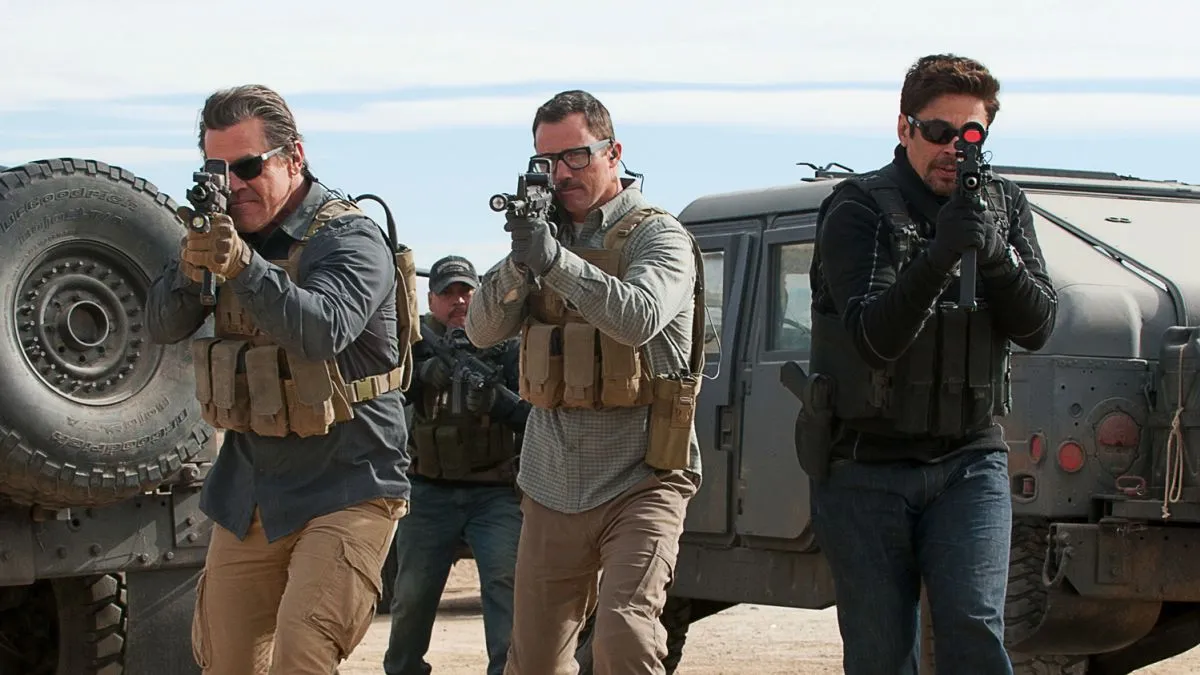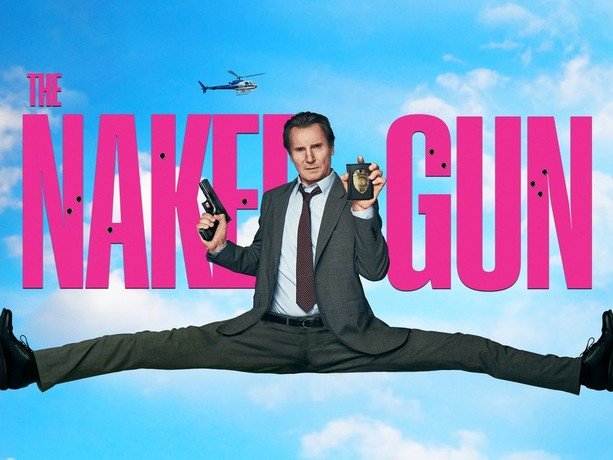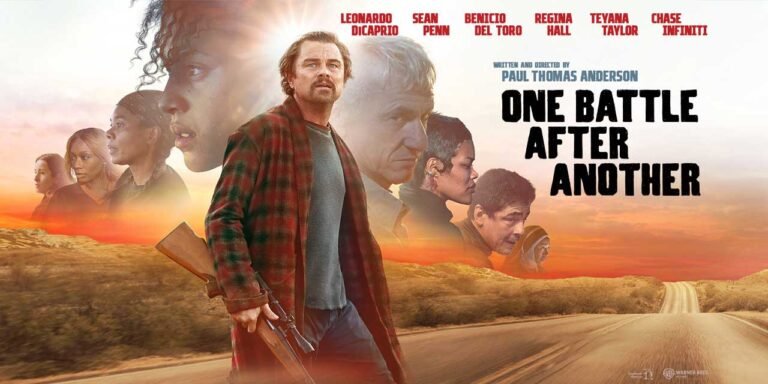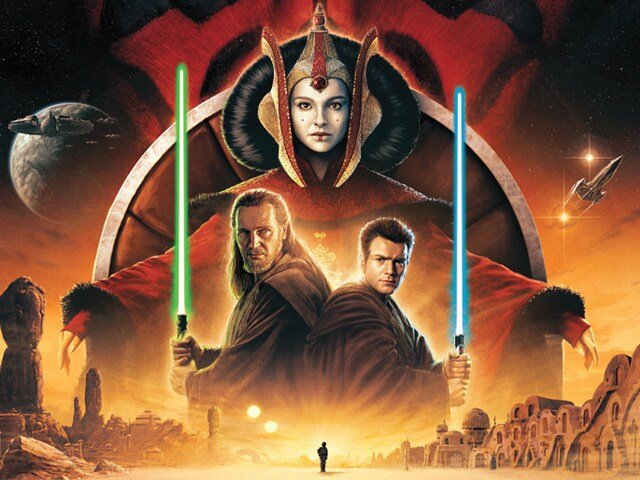
When Sicario debuted in 2015, it quickly became a modern crime classic. Directed by Denis Villeneuve and shot by cinematographer Roger Deakins, the film peeled back the layers of America’s war on drugs, exposing its dark underbelly through the eyes of FBI agent Kate Macer (Emily Blunt). With its tense atmosphere, haunting performances, and morally ambiguous storytelling, Sicario set a high bar.
Now, three years later, Sicario: Day of the Soldado returns to this brutal world—this time shifting the spotlight to Matt Graver (Josh Brolin) and Alejandro Gillick (Benicio del Toro). Directed by Stefano Sollima, this sequel strips away the idealism and dives headfirst into a morally gray battlefield, where loyalties shift and ethics are expendable.
But does Day of the Soldado hold up without its original lead? The answer is a resounding yes. It not only honors its predecessor’s tone and tension—it pushes the story’s themes even deeper into the heart of darkness.
A Moral Minefield: Power, Violence, and the Cost of Control
What sets Sicario: Day of the Soldado apart from typical action thrillers is its unflinching look at ethical decay. The sequel abandons the idealistic viewpoint of Macer and instead fully immerses us in the ruthless, pragmatic world of Graver and Gillick—characters who operate in moral limbo.
This time, the U.S. government orders Graver to ignite a war between rival Mexican cartels, using the abduction of a cartel leader’s daughter (played brilliantly by Isabela Moner) as the trigger. It’s a chilling strategy: destabilize to dominate. And it spirals out of control.
While Graver carries out orders with cold precision, Gillick becomes the film’s emotional core. Haunted by his past, his growing bond with the kidnapped girl humanizes him—but also intensifies his internal conflict. He’s a killer, yes, but one battling a crumbling conscience.
The story also introduces Miguel (Elijah Rodriguez), a young boy entangled in cartel operations. His subplot acts as a parallel mirror: a reminder of the real human cost behind this geopolitical chess game.
The film doesn’t paint heroes or villains—it paints survivors, manipulators, and lost souls. It dismantles the “good guys vs. bad guys” trope, revealing a world where every decision comes with blood on someone’s hands.
Standout Performances: Power in Subtlety
One of the greatest strengths of Day of the Soldado is its exceptional performances.
Josh Brolin’s Matt Graver is intimidating yet calculated—a government operative who views war like a spreadsheet. Brolin nails the role with stoic dominance, while allowing just enough humanity to break through.
Benicio del Toro once again delivers a masterclass in restraint. His Alejandro is both terrifying and sympathetic—a man who’s losing his grip on his humanity. His emotional journey anchors the film.
Isabela Moner (now Isabela Merced) stuns as Isabel Reyes, the kidnapped daughter. Far from a damsel in distress, Moner brings fierce intelligence, vulnerability, and resilience to the role, making her performance one of the most emotionally charged elements of the film.
Each performance deepens the audience’s engagement with the ethical stakes at hand.
Cinematic Excellence: A World of Shadows and Fire
Visually, Day of the Soldado is a triumph. Although legendary cinematographer Roger Deakins did not return, Dariusz Wolski steps in with a similarly impactful visual language.
The use of light and shadow—especially in desert landscapes and tense nighttime sequences—adds a sense of looming dread.
The color palette is desaturated, echoing the emotional bleakness of the story. Dust, sweat, and blood dominate the screen.
Wide shots of the border, convoys, and ghost towns evoke a sense of vast lawlessness—a battlefield without borders or clear rules.
Hildur Guðnadóttir’s score (before her Oscar-winning work on Joker) is minimalistic and haunting. Her use of rumbling bass and dissonant strings creates a sonic landscape of tension that mirrors the psychological trauma of the characters.
Themes That Haunt: Ambiguity, Loyalty, and Collateral Damage
If the first Sicario showed how corruption infects even the most well-intentioned missions, Day of the Soldado reveals what happens when morality is entirely abandoned.
Key themes include:
The expendability of innocence: The U.S. government has no problem targeting a child to meet its ends.
The futility of power: Despite their resources, even Graver and Gillick are caught in the unpredictable chaos of the drug war.
The gray morality of survival: Characters make choices not because they’re right—but because they have to live with themselves afterward.
The film offers no tidy resolutions. Instead, it leaves viewers disturbed and reflective, asking: What happens when the monsters fighting monsters start to lose track of which side they’re on?
Final Verdict: Brutal, Bold, and Brilliant
Sicario: Day of the Soldado is not a traditional action movie—it’s a slow-burning political thriller that dares to dive into uncomfortable truths. With sharp direction, powerful performances, atmospheric visuals, and an unrelenting tone, it proves to be more than just a sequel. It’s an expansion—a philosophical deepening of the themes that made Sicario so impactful.
For fans of gritty crime dramas, morally complex storytelling, and character-driven thrillers, Day of the Soldado is a must-watch.



